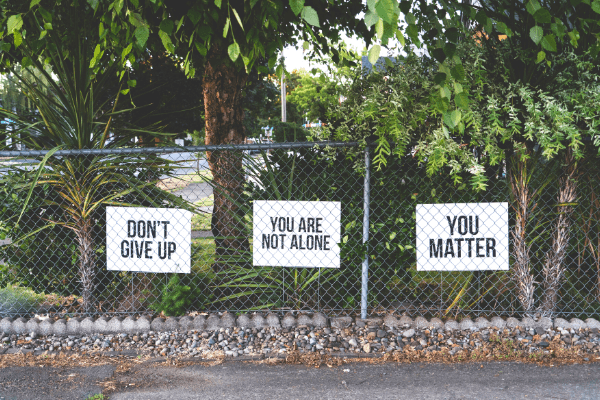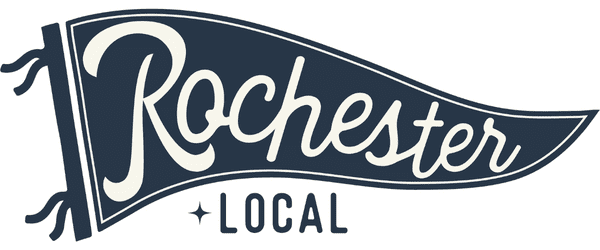 My job is to develop coping skills, navigate through red tape, listen, and offer resources to anyone and everyone who is dealing with mental health issues. I have been a Licensed Independent Clinical Social Worker (LICSW) for 20 years, and, besides the above stated job description, I believe an important piece of my job is to educate everyone about mental health. There are so many myths about mental health that need to be dispelled. Let’s look at 5 myths that I have observed over the years:
My job is to develop coping skills, navigate through red tape, listen, and offer resources to anyone and everyone who is dealing with mental health issues. I have been a Licensed Independent Clinical Social Worker (LICSW) for 20 years, and, besides the above stated job description, I believe an important piece of my job is to educate everyone about mental health. There are so many myths about mental health that need to be dispelled. Let’s look at 5 myths that I have observed over the years:
- Mental health problems don’t affect everyone. Wrong! Mental health problems affect each of us, or someone we know. Anxiety, depression, and suicide are issues that have been faced by either ourselves or our friends and family members. Mental health problems have no boundaries. Everyone can be affected by them. Children all the way through those at the end of life can experience mental health issues. Chances are, mental health illness has touched you at one time or another.
- Mental health problems look a certain way. Nope! Everyone displays their problems differently. A child may come off as angry when in fact he/she is depressed. An adult may appear controlling when they, in fact, have anxiety. There are no rights or wrongs when experiencing mental health problems. Each person is unique and has a different experience than someone else going through the same thing. People with mental illnesses aren’t more violent, or disheveled, or homeless, and the list goes on and on.
- Mental Illness can be controlled and/or prevented. Maybe…but not quite! Sure, eating healthy, exercising, and getting good sleep really do play a role in preventing and controlling mental illness. However, genetics and traumatic events also play a role, and there is not anything anyone can do to control those things. I always tell my clients that they can’t control what happened, but they can control their response from here on out. In fact, being in control of your response can bring back power to you.
- Seeking help is a sign of weakness. Oh the lies we tell ourselves! Seeking help whether through drug therapy, talk therapy, or both, is a sign of strength. If you had a broken leg, you would use a crutch, correct? So it is with using these forms of help. We need to get over the idea of separating mental illness from other types of medical illnesses. They are one in the same. Our body doesn’t operate without our mind just like it wouldn’t operate without our heart. In fact, seeking help as soon as you recognize something is not quite right can help you quicker than letting it go until you can’t hold on.
- Therapists only listen. Yes and no! We listen to hear the deep-rooted issues so that we can help you navigate through life to get to a healthier place. We listen between the lines. But we also are teachers. We help you learn coping skills and strategies to deal with road blocks in your life, while building a trusted, therapeutic relationship. We also connect you with resources within the community that can help you feel not alone.
If you, or someone you know, is going through a tough time, know you’re not alone. You can get through this and you can help a friend get through this time by listening and encouraging them to seek help. Let’s all help to alleviate the stigma surrounding mental health.
Resources:
National Alliance on Mental Illness Southeast MN
Crisis Response for Southeast MN
Find a Therapist:
Psychology Today Therapist Finder





